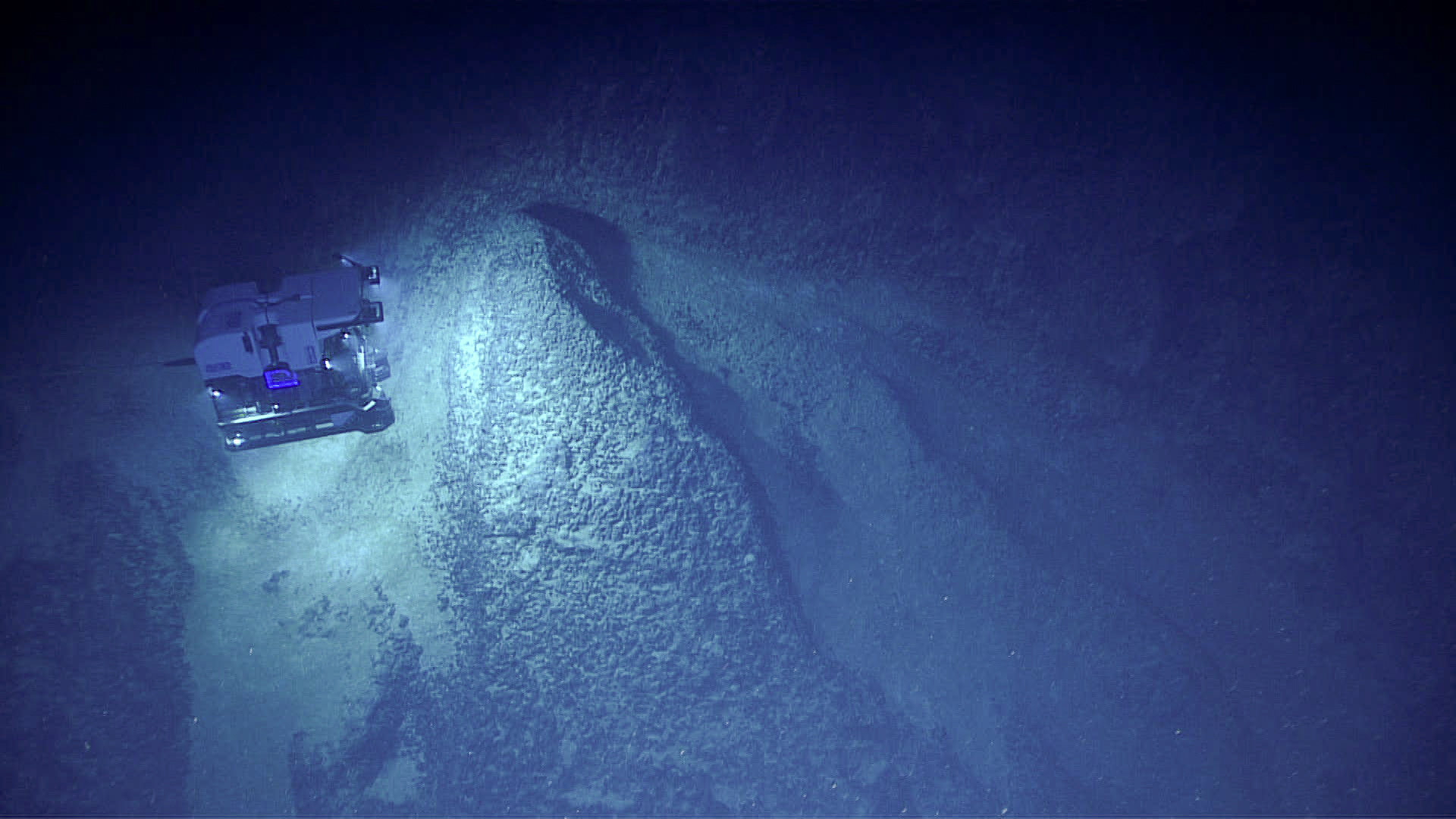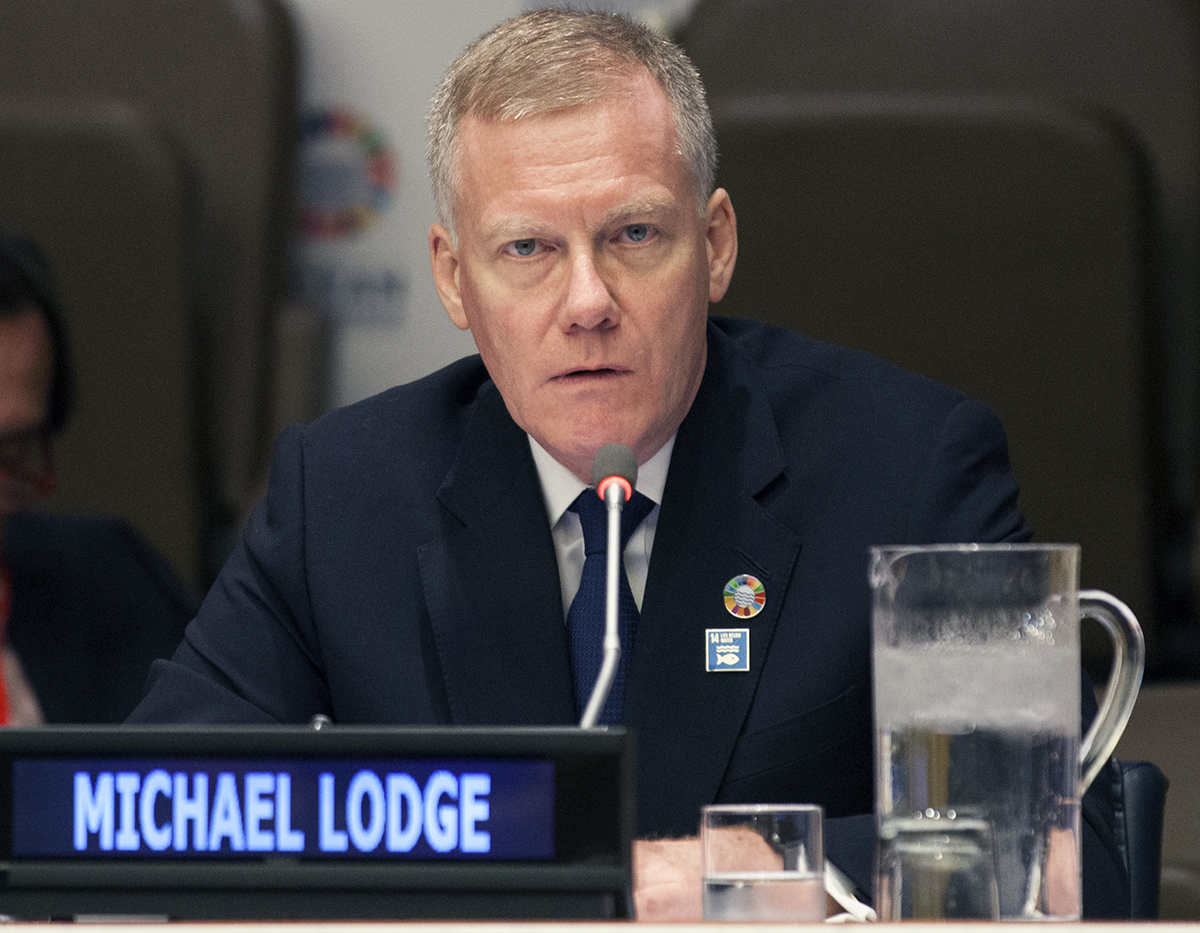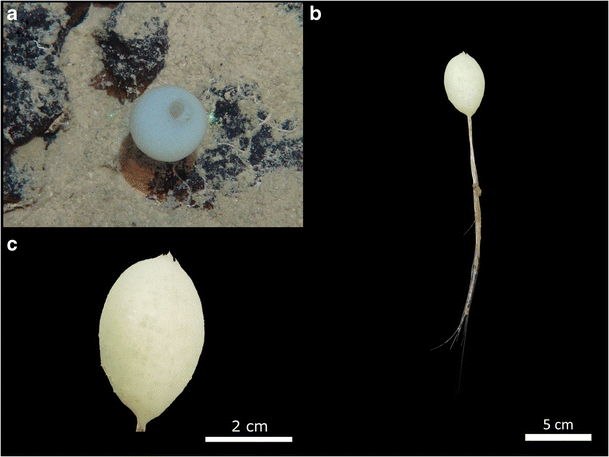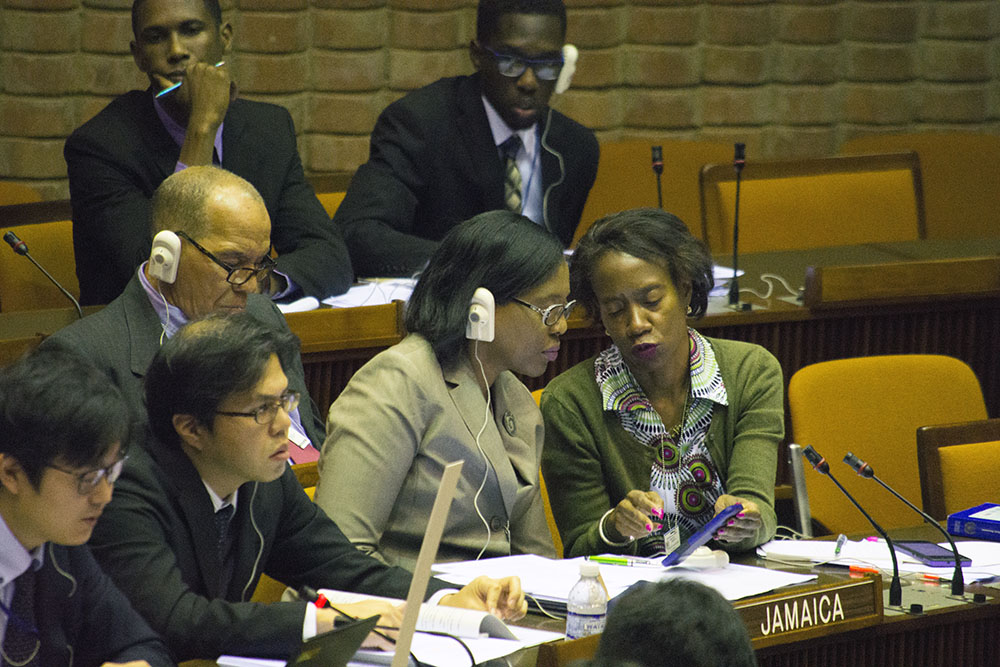Andrew Thaler for the DSM Observer
“To build a green future,” said Gerard Barron, CEO of The Metals Company in a May 2022 press release, “our generation will need to mine more metal than we have mined in our entire history. This will lead to more emissions, more social displacement, more habitat destruction and more biodiversity loss. The questions are: How much? Where? Who will bear the brunt of the [environmental, social, and governance] costs? Can we afford it? Can the planet? Working through these trade-offs will require realism, pragmatism and some courage.”
At the current pace of electrification, the world will need to rapidly increase the supply of high-grade cobalt and nickel, as well as other critical minerals, by 2030, to even come close to meeting the least optimistic targets for climate change mitigation presented by the International Panel on Climate Change. Getting those metals is not pretty. Cobalt and nickel, in particular, come wrapped in a host of environmental and human rights issues.
Deep-sea mining is among the emerging prospects with the potential to minimize the environmental and social footprint of new mining ventures. Across the abyssal plain, fields of polymetallic nodules, rich in cobalt and nickel, as well as copper, manganese, and other rare-earth elements, lie waiting to be plucked from the deep.
“We believe the data is clear… that we have a critical and urgent need for more metals to construct, implement and support the transition to a low-carbon future,” says Renee Grogan, Chief Sustainability Officer of the deep-sea mining startup Impossible Mining in a recent press release issued in response to a challenge from Greenpeace. “The status quo of terrestrial mining becomes more risky and more environmentally and socially damaging every day.”
For deep-sea mining contractors, the potential benefits to the global environment via accelerating the decarbonizing of the world’s energy infrastructure outweigh the potential local and regional environmental harms that may emerge from developing a new industry on the seafloor.
This trade-off lies at the heart of the environmental argument for deep-sea mining: that metals derived from deep-sea mining are so essential to global decarbonization and the current state of terrestrial mining is so precarious that the approach which yields the greatest net benefit to humankind is the urgent and rapid expansion of an entirely new kind of extractive industry. “We need to move towards a net zero future or we don’t have a future,” urged the delegation from the Republic of Nauru, intervening in support of advancing the commercialization of deep-sea mining without unnecessary delay at this summer’s meeting of the International Seabed Authority.
But for this trade-off to benefit humankind, there must actually be a trade-off, and, for many stakeholders, there is concern that, rather than replacing terrestrial mining, deep-sea mining will add to the growing environmental burden of resource exploitation.
“Deep sea mining companies sing a sweet song about reducing our dependency on land-based mining and everything wrong that occurs there – both environmental and on the human rights front,” says Arlo Hemphill of Greenpeace. “Yet none of these new mining companies operate land-based mines that they can move away from. Nor have they acquired commitments from existing land-based operations to phase out if [deep-sea mining] can move forward… What this boils down to is we will not displace the impact from the land onto the deep sea, we will just impact both environments and expand the footprint of humanity to one of last truly untouched expanses remaining on Earth.”
“Some mining proponents argue that deep seabed mining is necessary to facilitate the transition to climate neutrality since the metals that will be recovered are essential for the development of batteries for electric vehicles or to build infrastructure to generate clean energy such as wind turbines,” says Pradeep Singh a Fellow at the Institute for Advanced Sustainability Studies. “There are some valid grounds to dispute such pro-mining narratives. First, mining in a liquid environment has the potential to cause higher and longer-lasting impacts, including the destruction of marine ecosystems where restoration is unlikely on human timescales as well as impairment of critical ecosystem services. Second, as argued in a recent academic piece, opening up a new source for these metals could simply end up being competition and ‘might end up further exacerbating terrestrial mining activities, thus leaving society with severe environmental degradation both on land and at sea’.”
The potential for phasing out terrestrial mining could lie in economic competition and a drive from consumers to prefer conflict-free metals over those associated with significant environmental or human rights abuses. But the letter of UNCLOS may complicate initiatives to restructure the metals supply chain.
“There shall be no discrimination between minerals derived from the Area and from other sources,” States Section 6, paragraph 1(d) of the 1994 Agreement Relating to the implementation of Part XI of UNCLOS, which goes on to restrict member states from providing preferential access to markets for such deep-sea minerals. UNCLOS also requires compensation in circumstances where terrestrial mining industries are negatively impacted by deep-sea mining.
“If the economies of developing countries that are reliant on land-based mining are adversely affected by deep seabed mining activities authorized by the ISA, the ISA is under the obligation to provide compensation,” explains Singh. “This is an important point… because compensation paid out by the ISA would reduce the amount of money that the ISA will then distribute through an equitable benefit-sharing mechanism.”
“To add to that,” Singh continues, “the payment rates being considered at the ISA seem to be rather low in order to entice mining companies to get involved in such a nascent activity. This effectively means that externalities are not being internalized, whereby the costs and burdens are passed on to society. Put simply, we could end up with a situation where the mineral resources that belong to humankind would be depleted, there will be significant losses of biodiversity and natural capital, and in return, there would be very little money to show for it.”
While delegations and mining companies debate the merits of mining the deep ocean under the auspices of the ISA, the United States, which is among the largest producers of electric vehicles as well as the largest economy among nations who have not yet ratified the Convention on the Law of the Sea, is primed to disrupt the critical metals supply chain. The passage of the Inflation Reduction Act creates incentives for American automakers to shift battery production to the United States or to other nations with which the country has a free trade agreement. The Act also disincentivizes batteries produced from materials originating in foreign states of concern, including Russia and China. Korean battery manufacturers are already beginning to re-balance their battery supply chain to comply with these new limitations.
The Inflation Reduction Act, however, is silent on metals that originate beyond national borders.
Though there is, as of yet, no guidance from various US agencies regarding how the IRA will impact deep-sea mining, the Inflation Reduction Act leaves open the possibility for critical metals from the high seas to enter the US supply chain while avoiding regulations placed on countries of origin. The US is also in a unique position of being unencumbered by provisions of UNCLOS preventing preferential access to markets. Having yet to ratify the treaty, the US could directly incentivize critical metals from the high seas over terrestrial counterparts.
In the wake of the Inflation Reduction Act’s passing, at least one battery manufacturer announced its intention to built a new battery production facility in West Virginia, dedicated to making cobalt-free batteries for industrial equipment and electric vehicles.
Kris Van Nijen, CEO of GSR, takes a pragmatic view of the long-term benefits of deep-sea mining. He argues that, so long as deep-sea mining can provide critical minerals more cheaply than land-based mining, the economics of the industry will drive the decline of more expensive and environmentally harmful terrestrial mines. “Expensive land-based mining usually is a result of low grades, high energy costs, high CO2 footprint,” says Van Nijen. “Let’s not think in extremes like ‘phasing out all land-based mining’; but think more incremental. Deep-sea mining and land-based mining will need to co-exist, however, only those projects that have the least impact on our planet as a whole and to the point that sufficient metals are in circulation to enable a circular economy.”
In terms of disrupting the terrestrial mining industries of ISA member states, Van Nijen points out that, as an example, the Democratic Republic of the Congo produces 100,000 tonnes per annum of cobalt. To reach that level of production, GSR would need 33 vessels operating in the Clarion-Clipperton Zone, a scale of industrial expansion that is not likely to be reached in the next 30 years, if at all. He emphasizes that, at that point in the maturation of the deep-sea mining industry, the ISA’s economic assistance fund would be well-established.
As the environmental regulations and financial regime are finalized by the ISA in the coming years, deep-sea mining may very well present a preferable, even necessary, alternative to terrestrial mining. But, as currently envisioned, it will almost certainly supplement, rather than supplant, terrestrial mining for the foreseeable future.
“Instead of turning to the deep seabed,” says Singh, “it is perhaps more important to spread awareness of the need to promote innovation of technologies that are less dependent on metals, to reduce overall consumption (especially in the global North), and to accelerate the move to a more circular economy globally. At the same time, it is important to ask difficult societal questions such as whether the ends justify the means deployed in our fight to address climate change, and whether we should proceed with environmentally destructive activities that come with numerous inequities to pursue such ambitions regardless of the consequences that may come. In other words, what price are we willing to pay?”
Featured Image: A cusk eel on the abyssal plain. NOAA Office of Ocean Exploration and Research






